As global agriculture enters a new era focused on sustainability, energy efficiency, and productivity, the shift from traditional fuel-powered tractors to electric alternatives is gaining momentum. This article offers a detailed comparison of electric tractors and fuel (diesel/gasoline) tractors, examining their environmental impact, energy range, operational cost, and overall suitability for modern farming. Choosing the right tractor can make a difference in a farm’s growth and stability.
So, are electric tractors truly the future of farming, or do fuel-powered models still hold the advantage? The answer isn’t one-size-fits-all. Electric tractors offer zero-emission operations, quieter function, and lower maintenance costs, while traditional fuel tractors provide high power density, longer working range, and a mature support infrastructure. Choosing between them depends on the size of your operation, daily energy needs, terrain, and access to charging or fuel facilities.
Curious about how these differences translate into real-world applications? Wondering which type of tractor will give you the most value in the long run? Please join me as we go point by point and delve into the practical, economic and environmental factors of this technological change in agricultural machinery.
Contents
- 0.1 Diesel vs. Electric Tractors: What Today’s Farmers Need to Know
- 0.2 Why Diesel Tractors Have Been the Industry Standard
- 0.3 Weighing the Strengths and Weaknesses of Diesel
- 0.4 Electric Tractors: A New Era in Agriculture
- 0.5 What Makes Electric Tractors Stand Out
- 0.6 Upfront Costs vs. Long-Term Payback
- 0.7 Efficiency and Productivity in the Field
- 0.8 Electric Tractors as Mobile Power Stations
- 0.9 Supporting Regenerative and Organic Farming Goals
- 0.10 The Bigger Picture: Profit, People, and Planet
- 0.11 What’s Next for Electric Tractors?
- 1 Conclusion
Diesel vs. Electric Tractors: What Today’s Farmers Need to Know
The conversation around diesel and electric tractors is heating up, and for good reason. Tractors are at the heart of most farm operations—be it planting, tilling, hauling, or feeding. And the importance of this decision stretches far beyond traditional farms. You’ll find organizations like solar farms, municipalities, and even airports weighing their tractor options as electric models become more available. Choosing between a diesel and an electric tractor isn’t just about raw specs—it’s about understanding how that machine will impact your productivity, budget, and long-term resilience.
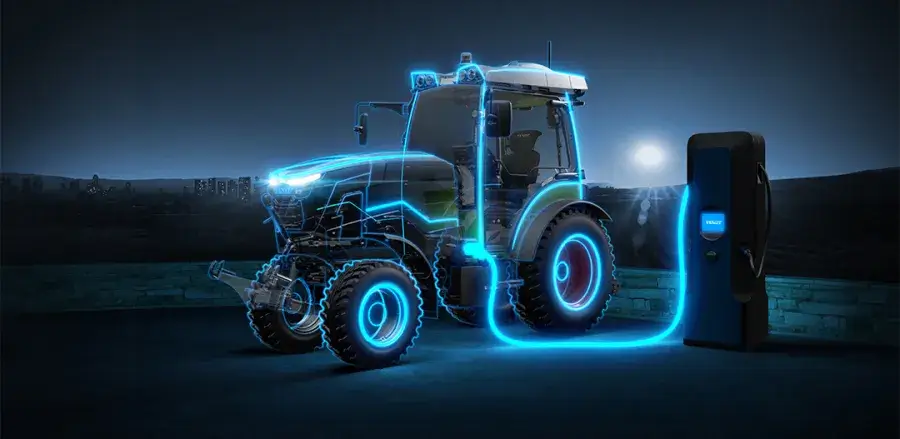
Why Diesel Tractors Have Been the Industry Standard
For decades, diesel tractors have been the go-to choice for serious farm work. Their high horsepower and strong torque output make them ideal for tasks that demand pulling power—think plowing compacted soil, dragging heavy implements, or towing trailers across acres of farmland. They’ve earned their reputation for durability, too. With proper care, a diesel engine can run reliably for years, even decades.
But long service life comes with strings attached. Maintenance for diesel machines can be frequent and costly, especially as the equipment ages. Filters, fluids, and parts replacements are a regular part of ownership. According to industry estimates, a diesel tractor running about 400 hours annually over 15 years racks up tens of thousands in ownership costs—and that’s not counting diesel fuel and oil. There’s also the added hassle of scheduling service visits and complying with evolving emissions regulations.
Weighing the Strengths and Weaknesses of Diesel
There are solid reasons to stick with diesel:
- High Power & Torque – Essential for demanding work like tilling deep soil or powering heavy attachments.
- Long Lifespan – If maintained well, these machines stay useful for many years.
- Versatility – Diesel tractors are available in virtually every size and configuration for all types of farming.
But drawbacks are real:
- Noise and Emissions – Diesel engines are loud and produce pollutants that can affect both air quality and nearby crops.
- Upkeep is Expensive – Regular maintenance is not optional and can be labor-intensive and costly.
- Operating Costs Stack Up – Beyond fuel, there are delivery fees, storage costs, and compliance expenses to consider.
And when all’s said and done, a diesel tractor doesn’t bring much value beyond the physical work it performs. It doesn’t generate new data or improve operator performance—it just gets the job done, as long as you keep paying to keep it running.
Electric Tractors: A New Era in Agriculture
Electric tractors are changing the conversation. Powered by rechargeable batteries, these machines operate with far fewer moving parts, which means less that can go wrong. They’re nearly silent and produce zero tailpipe emissions—a massive plus for operators and crops alike. In fact, farmers using electric tractors often note improved air quality around the field and even higher produce quality, especially in vineyards or organic farms where emissions residue can be an issue.
Take Monarch Tractor’s MK-V, for example—a fully electric, smart tractor capable of driver-optional operation. It’s equipped with tech that not only boosts efficiency but also gives operators insights into performance, energy use, and even field-level productivity metrics. It’s a machine that doesn’t just work—it thinks, and it improves over time thanks to software updates.
What Makes Electric Tractors Stand Out
Here’s what’s different about electric tractors:
- Silent & Emission-Free – Quiet enough for early morning operations and safe enough for use in sensitive crops.
- Fewer Maintenance Needs – No oil changes, no spark plugs, no diesel filters—less downtime, lower upkeep.
- Immediate Torque Delivery – Electric motors respond instantly, which is ideal for work requiring finesse.
- Smart Features – Autonomous capabilities like row-following or remote diagnostics help save labor and improve safety.
- Energy Savings – Farmers have reported saving thousands annually on diesel costs alone.
That said, electric tractors aren’t perfect. Battery life varies by use case and model. While some electric tractors may only last a few hours on a charge, others like the MK-V can run up to 14 hours under the right conditions. Charging overnight is common practice, and for farms with continuous work—like dairy operations—these tractors can charge between tasks, keeping pace with high-frequency use.
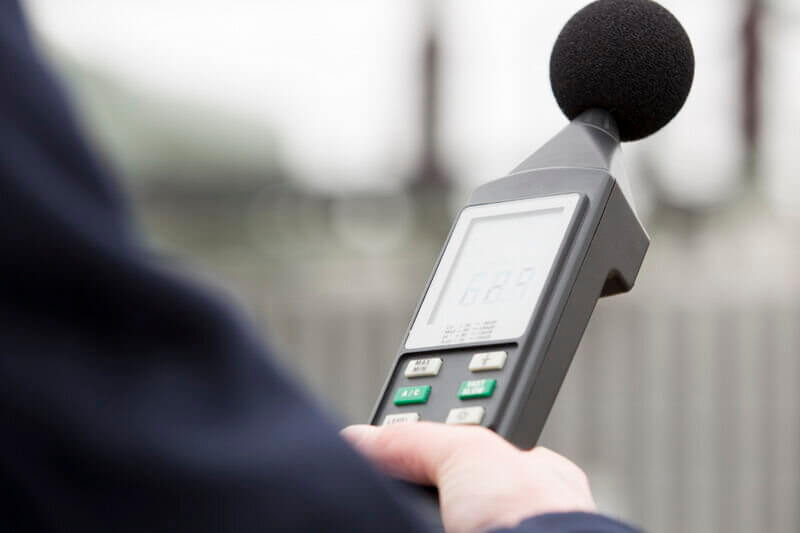
Upfront Costs vs. Long-Term Payback
Electric tractors often come with a higher price tag upfront, thanks to the advanced technology and development costs. However, that initial investment is offset over time by lower fuel and maintenance expenses. In fact, with diesel savings alone, some electric tractor owners see payback within two to three years—and even faster when paired with federal or local clean energy incentives.
And while diesel machines depreciate, electric models like the MK-V can increase in value functionally as they receive updates, new features, and improved performance through software.
Efficiency and Productivity in the Field
Diesel tractors dominate in large, open-field operations where raw power and long hours are critical. But electric tractors excel in precision work. With more responsive systems, they allocate energy where it’s needed—be it hydraulics, PTO, or drivetrain—on demand. This makes them especially well-suited for specialty crops and tasks requiring precision.
Another edge: self-driving tech. Monarch’s MK-V is the first compact electric tractor to include autosteer, a feature that was previously only available on massive diesel models. This allows the tractor to stay perfectly aligned in tight vineyard rows or berry fields, freeing up the operator to focus on implement control and reducing the risk of damaging expensive plants or infrastructure.
Electric Tractors as Mobile Power Stations
Modern electric tractors can also serve double duty. With battery storage capabilities, some can act as mobile power walls, supplying electricity to tools and equipment in the field. This is especially useful in remote areas or farms experimenting with off-grid power strategies. Instead of hauling around a noisy, fume-belching generator, a farmer can now use the tractor itself to run other machinery.
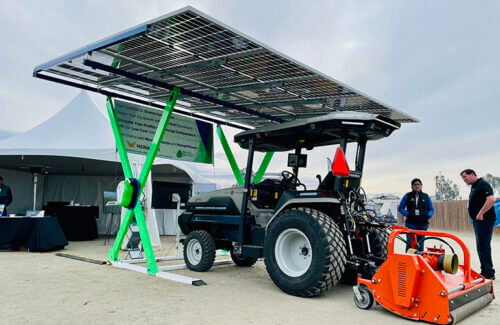
Supporting Regenerative and Organic Farming Goals
Farmers exploring regenerative practices or pursuing organic certifications have another reason to consider electric: sustainability. Organic farms can’t use synthetic herbicides, so they often make multiple passes to control weeds, which means more fuel. An electric tractor eliminates those added diesel costs and emissions, helping the farm meet environmental goals without compromise.
In dairy operations, pushing feed more frequently has been shown to increase milk yield. With an electric tractor, this can be done more often without increasing fuel costs or emissions inside the barn—a win for both productivity and animal welfare.
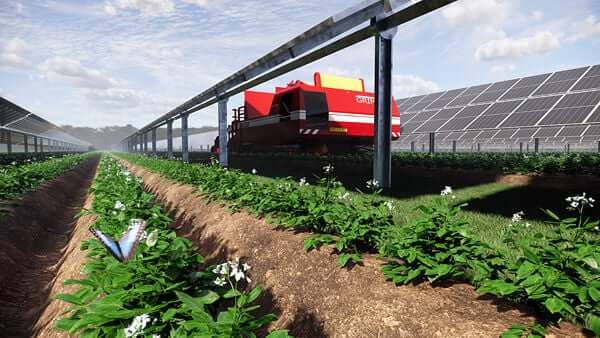
The Bigger Picture: Profit, People, and Planet
Ultimately, the move toward electric tractors is about more than just technology. It’s about aligning with consumer values, preparing for environmental regulations, and building a more resilient farm business. By moving away from fossil fuels and embracing cleaner, smarter equipment, farms are positioning themselves to thrive in a future where sustainability and profitability go hand in hand.
What’s Next for Electric Tractors?
The electric tractor market is gaining serious momentum, projected to more than double by 2028. With thousands of hours already logged by early adopters, it’s clear these machines aren’t just a futuristic idea—they’re already proving themselves in the field. For farms ready to modernize, reduce operating costs, and meet growing sustainability expectations, electric tractors are quickly becoming the smart choice.
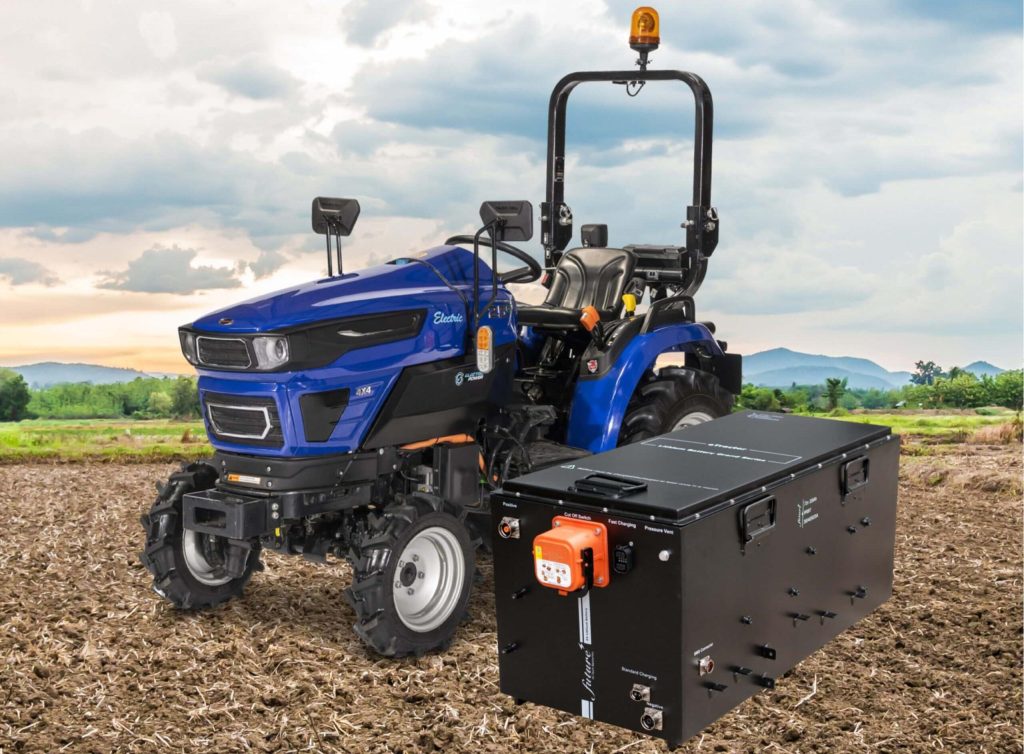
Conclusion
Electric tractors represent a significant leap forward for sustainable agriculture, offering clear benefits in emissions reduction, comfort, and long-term cost savings. However, fuel-powered tractors still provide unmatched endurance, power, and reliability for large-scale farming operations.
For farms evaluating a transition or upgrade, it’s essential to consider your specific operational needs, cost structure, and long-term vision. MINNUO Agricultural Machinery offers tailored solutions for both electric and fuel-driven farm equipment—backed by professional support, expert advice, and high-performance engineering. As the energy revolution takes hold in agriculture, MINNUO is a partner worth choosing for your journey toward smarter, greener farming.

